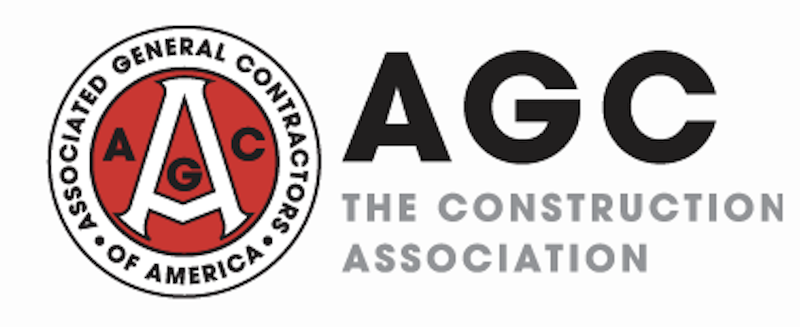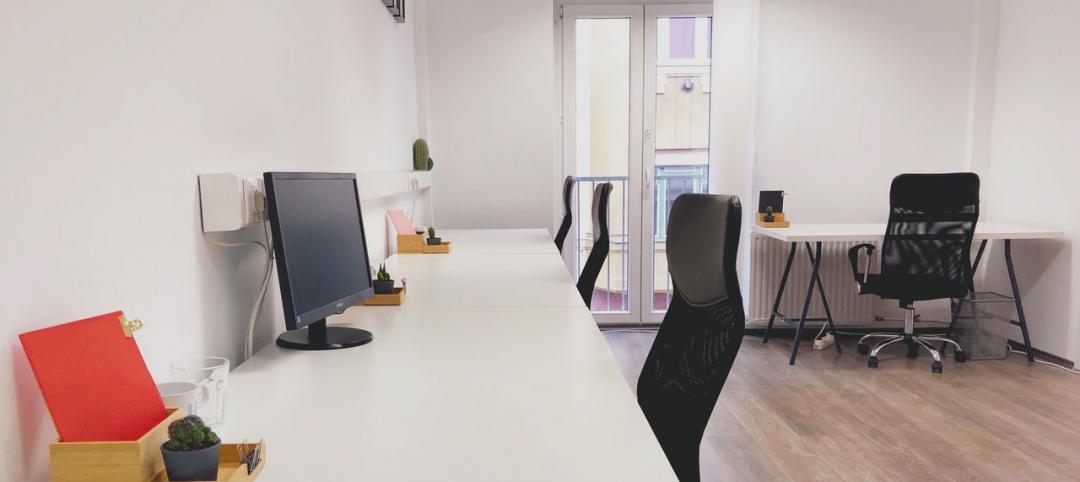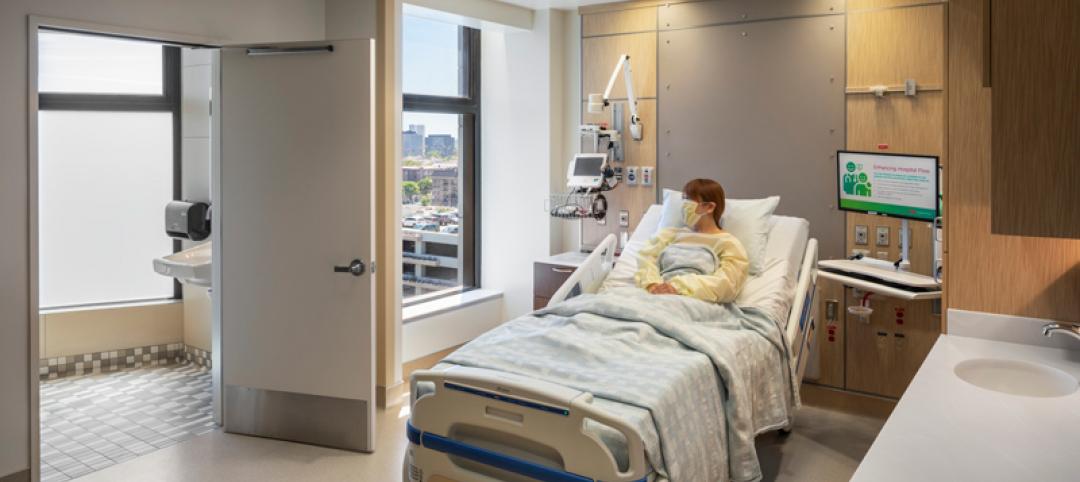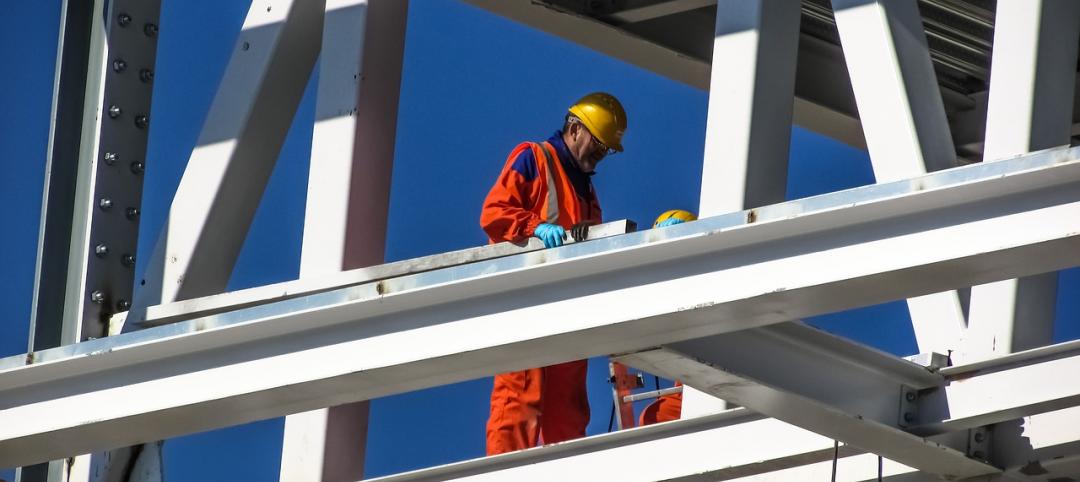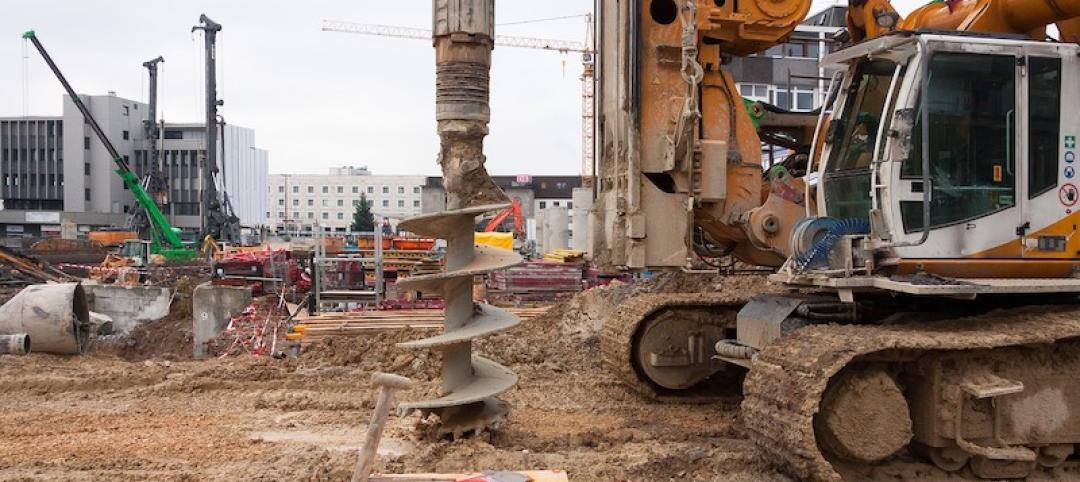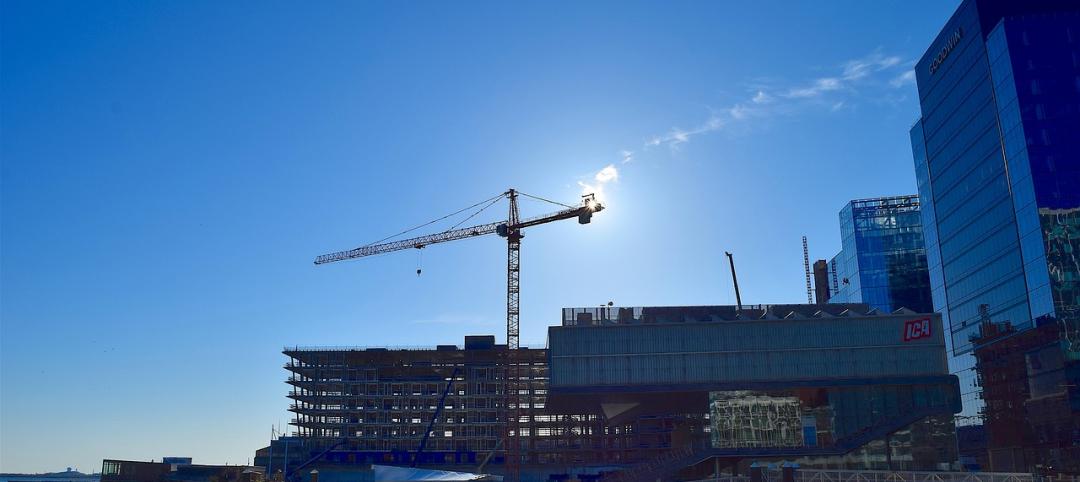The Associated General Contractors of America (AGC), with 26,000 members, has put together an eight-part webinar series whose episodes will take deeper dives into various topics related to business continuation during the COVID-19 outbreak.
The series, which runs from March 23 through April 1, each day will present a 60- to 90-minute segment on which experts will address, within the context of the virus’s spread:
• State and federal governments’ obligations to provide paid and/or unpaid leave to employees
• What labor laws are likely to require of contractors
• Contractual and related legal protections and risks for construction companies
• How to protect people and projects
• Components of comprehensive project continuity plans (e.g., if employees need to be quarantined)
• Insurance coverage
• How the outbreak is pressuring information technology
• What contractors need to watch for going forward.
Click here to get more details and to register for the webinars, which are free for AGC members and $599 for the bundle for nonmembers.
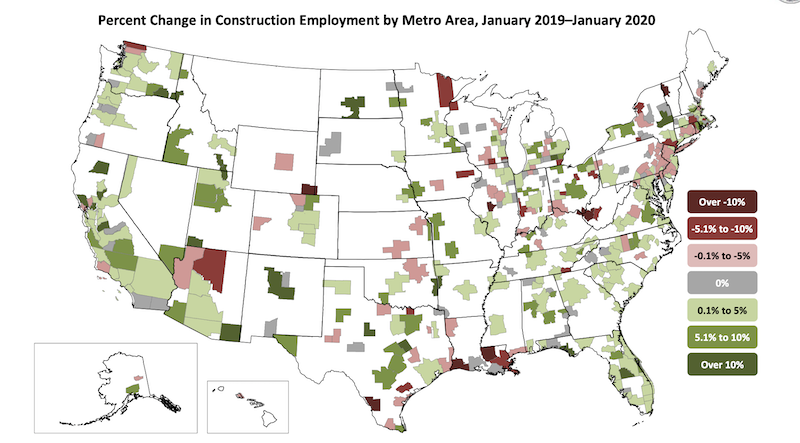
What a difference a few weeks makes. In January, AGC reported that 200 of 356 metro areas added construction jobs (see map above). A survey of contractors last week, however, found that 28% of 909 respondents had been forced to delay or halt work by an owner or government official.
“We are treating the virus with the same type of triage as medical professionals” attend to life-threatening injuries or illnesses, said Steve Sandherr, AGC’s chief executive, during a webinar last Friday where he and other association officials discussed some their group’s lobbying efforts around four objectives: to keep its members working, to keep governments “from hurting you,” says Sandherr, to educate Congress about the “essential” nature of construction, and to provide information that keeps contractors and their employees safe and mitigates losses.
Ken Simonsen, AGC’s chief economist, said that while the construction industry has been able to keep most projects active, he expects more supply-chain “glitches” and government shutdowns of jobsites. If those predictions come true, Simonsen cautions that the construction sector “is likely to have a slower recovery.”
The association also contends that the nation would be hampered in its ability to remobilize the construction industry in response to rebuilding emergencies were that industry’s activities curtailed or shut down now.
That webinar devoted a lot of time to the paid-leave mandate under the Families First Coronavirus Response Act, which was signed into law March 18, and applies to private-sector companies with 500 or fewer employees. Over a three-day period last week, AGC members flooded Congress with more than 22,000 messages about this bill (which AGC opposed) as well as about protecting construction jobs.
The main goal of AGC’s lobbying efforts is maintaining its members’ cash flow, said Jimmy Christianson, AGC’s vice president of government relations. He said AGC still has questions about the paid leave legislation (especially how the benefits will be paid for). So far, said Christianson, the association has negotiated some improvements to the bill, such as convincing Labor Secretary Eugene Scalia to exempt companies with under 50 employees from providing benefits for both paid sick leave and paid family and medical leave; and narrowing the instances of employees to be eligible to use paid family and medical leave.
Kevin Cannon, AGC’s senior director of safety and health services, told the webinar’s listeners that AGC had a hand in new OSHA guidance for recording workplace exposures to COVID 19 and preparing the workplace to thwart the virus. AGC has also created a COVID 19 Response page on its website.
Simonsen suggested that there could be opportunities arising from the pandemic, such as increased demand for labs, testing facilities, and hospitals. He speculated about hospitality buildings being repurposed for housing and medical uses. On the other hand, the pandemic will inevitably raise questions about the wisdom of investing in sports arenas, which are now dormant; and in office space if companies get more comfortable letting their employees work from home.
Michael Kennedy, AGC’s general counsel, said that the association was preparing a joint statement with the Building Trades union that would advocate for identifying construction as an essential business and service. That statement, he said, would emphasize that construction workers are already wearing protective clothing and gear, and can be instructed on exercising social distancing. “We need to make the case that we are taking care of our people,” Kennedy said.
Related Stories
Coronavirus | Mar 20, 2020
AIA implores Congress to provide relief to business owners and employees
The American Institute of Architects (AIA) 2020 President Jane Frederick, FAIA, and EVP/Chief Executive Officer Robert Ivy, FAIA, are urging Congress to address the critical needs of business owners and employees during the COVID-19 pandemic.
Coronavirus | Mar 20, 2020
Extending care capacity as COVID-19 grows
Coronavirus threatens to overwhelm the U.S. healthcare system. LEO A DALY’s health practice leader offers some innovative ideas for expanding access.
Coronavirus | Mar 19, 2020
Positive vibes: Let's take a look at the brighter side of these crazy times
Perhaps now is a good time to take a page from Monty Python's book and look on the bright side of life. So let's push aside the doom and gloom for a bit and bring a little positivity to these strange times we all currently find ourselves in.
Coronavirus | Mar 19, 2020
Force Majeure and COVID-19 in construction contracts - What you need to know
With the onset of the COVID-19 pandemic, we are all taking a closer look at many portions of our contracts.
Coronavirus | Mar 19, 2020
Technology crucial during COVID-19 social distancing
Technology can help bridge the gap during the Coronavirus pandemic as higher education institutes and corporations are moving to a remote work model.
Coronavirus | Mar 18, 2020
Coronavirus latest: Short-term pain but strong rebound likely, says Oxford Economics
Once the disruption and uncertainty fade, the rebound in global economic activity will be strong. It’s important for firms to position themselves for such a recovery.
Coronavirus | Mar 18, 2020
We are in the midst of a paradigm shift for higher education
The question for higher education is, what will the university of the future look like?
Coronavirus | Mar 17, 2020
AIA: Design services saw increase in February, but economic footings are rapidly shifting
"The rapid pull-back in activity throughout the economy will obviously be felt in the design and construction sector, and architecture firms will be one of the first to see how these events play out,” said AIA Chief Economist, Kermit Baker, Hon. AIA, PhD.
Coronavirus | Mar 17, 2020
AGC to government officials: Shutting down construction projects is an unnecessary step
Construction firms are already taking steps to protect employees, most of whom already wear protective equipment, while halting work will undermine efforts to add hospital capacity.
Coronavirus | Mar 16, 2020
Boston mayor orders shut down of construction sites due to coronavirus
Boston Mayor Martin Walsh has ordered that all construction projects in the city be suspended in response to the spread of the coronavirus.


